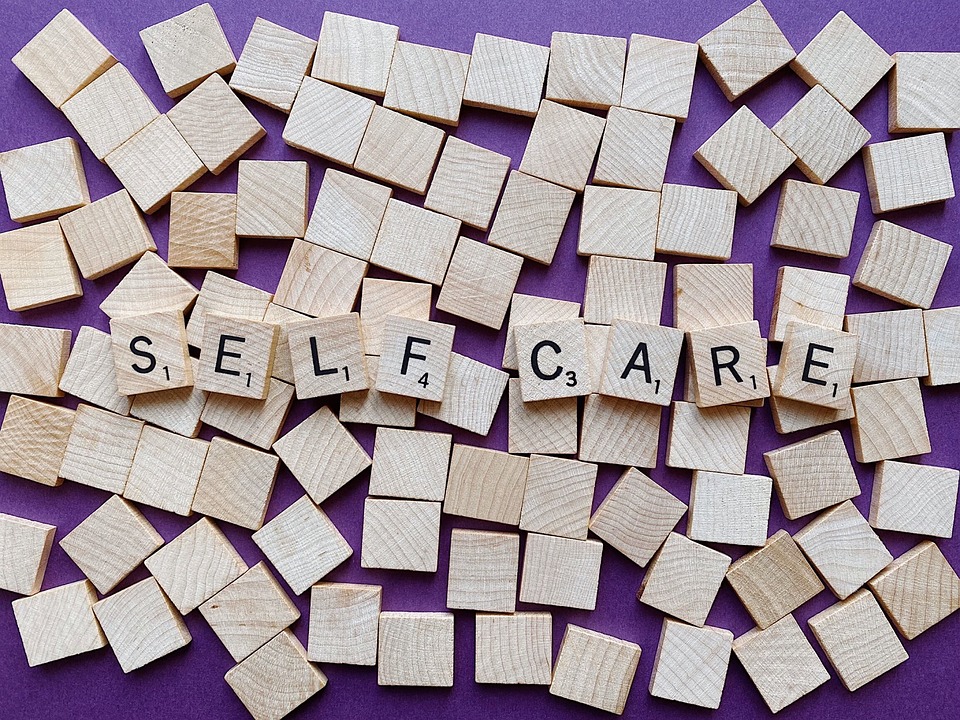Breaking the Stigma: Championing Mental Health Advocacy for a Brighter Tomorrow
When it comes to mental health, there is still a significant stigma that surrounds the topic. Many people feel ashamed or embarrassed to talk about their mental health struggles, leading to a lack of awareness and understanding. However, it is crucial to break this stigma and champion mental health advocacy for a brighter tomorrow.
The Importance of Mental Health Advocacy
Mental health advocacy plays a crucial role in raising awareness, promoting understanding, and providing support for those struggling with mental health issues. By advocating for mental health, we can help to break down the barriers that prevent people from seeking help and support.
Advocacy also helps to promote mental health education and resources, ensuring that individuals have access to the information and support they need to maintain their mental well-being. By championing mental health advocacy, we can create a more supportive and inclusive society for everyone.
Common Misconceptions About Mental Health
One of the main reasons why there is still a stigma surrounding mental health is due to common misconceptions and stereotypes. Some of the most prevalent misconceptions include:
- People with mental health issues are “crazy” or “weak”
- Mental health issues are a sign of personal failure
- Seeking help for mental health is a sign of weakness
By addressing and challenging these misconceptions, we can help to break down the stigma surrounding mental health and create a more understanding and supportive environment for those struggling with mental health issues.
How to Advocate for Mental Health
There are many ways that individuals can advocate for mental health and help to break the stigma surrounding the topic. Some effective strategies include:
- Sharing your own mental health journey and experiences
- Participating in mental health awareness campaigns and events
- Supporting mental health organizations and initiatives
- Speaking out against stigma and discrimination
- Encouraging open and honest conversations about mental health
By taking action and advocating for mental health, we can help to create a more supportive and understanding society for those struggling with mental health issues.
Addressing Common Questions About Mental Health
There are many common questions and concerns that individuals may have about mental health. Some of the most frequently asked questions include:
Is mental health the same as mental illness?
While mental health and mental illness are related, they are not the same. Mental health refers to your overall emotional, psychological, and social well-being, while mental illness refers to specific conditions that affect your mental health.
Can mental health issues be treated?
Yes, mental health issues can be treated with the right support and resources. Treatment options may include therapy, medication, lifestyle changes, and support from loved ones.
Is it normal to feel anxious or depressed sometimes?
It is normal to feel anxious or depressed at times, especially during challenging situations. However, if these feelings persist or interfere with your daily life, it may be a sign of a mental health issue that requires attention.
Creating a Brighter Tomorrow for Mental Health
By championing mental health advocacy and breaking the stigma surrounding mental health, we can create a brighter tomorrow for everyone. It is essential to promote understanding, provide support, and advocate for mental health education and resources.
Together, we can create a more inclusive and supportive society where individuals feel comfortable seeking help and support for their mental health issues. By taking action and advocating for mental health, we can make a positive impact on the lives of those struggling with mental health issues.
Conclusion
In conclusion, breaking the stigma surrounding mental health and championing mental health advocacy is essential for creating a brighter tomorrow. By addressing common misconceptions, advocating for mental health, and providing support and resources, we can create a more understanding and supportive society for those struggling with mental health issues.
It is crucial to continue the conversation about mental health, challenge stigma and discrimination, and promote mental health education and resources. By working together to advocate for mental health, we can create a more inclusive and supportive society for everyone.
Remember, mental health is just as important as physical health, and it is essential to prioritize your well-being and seek help and support when needed. Together, we can break the stigma surrounding mental health and create a brighter tomorrow for all.

